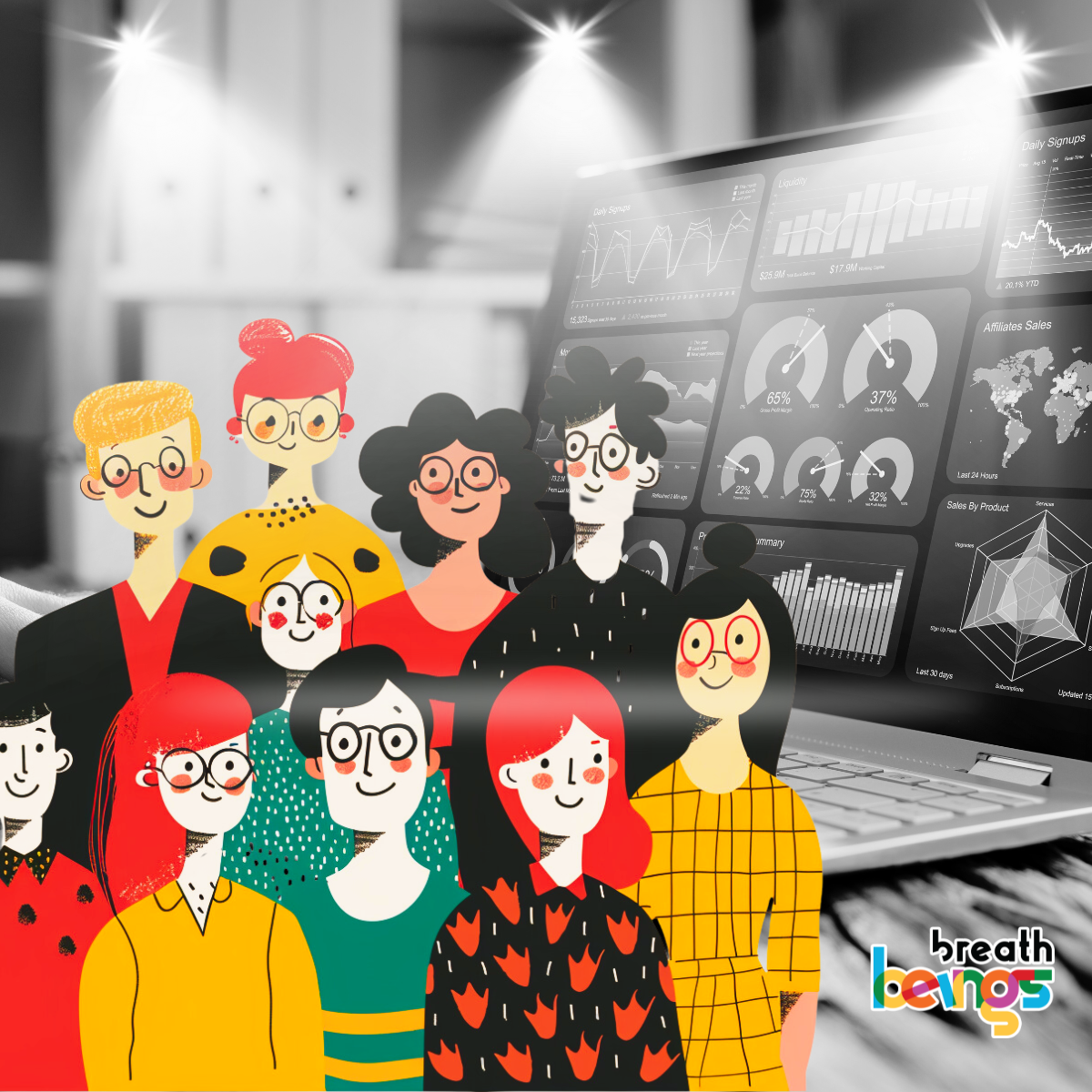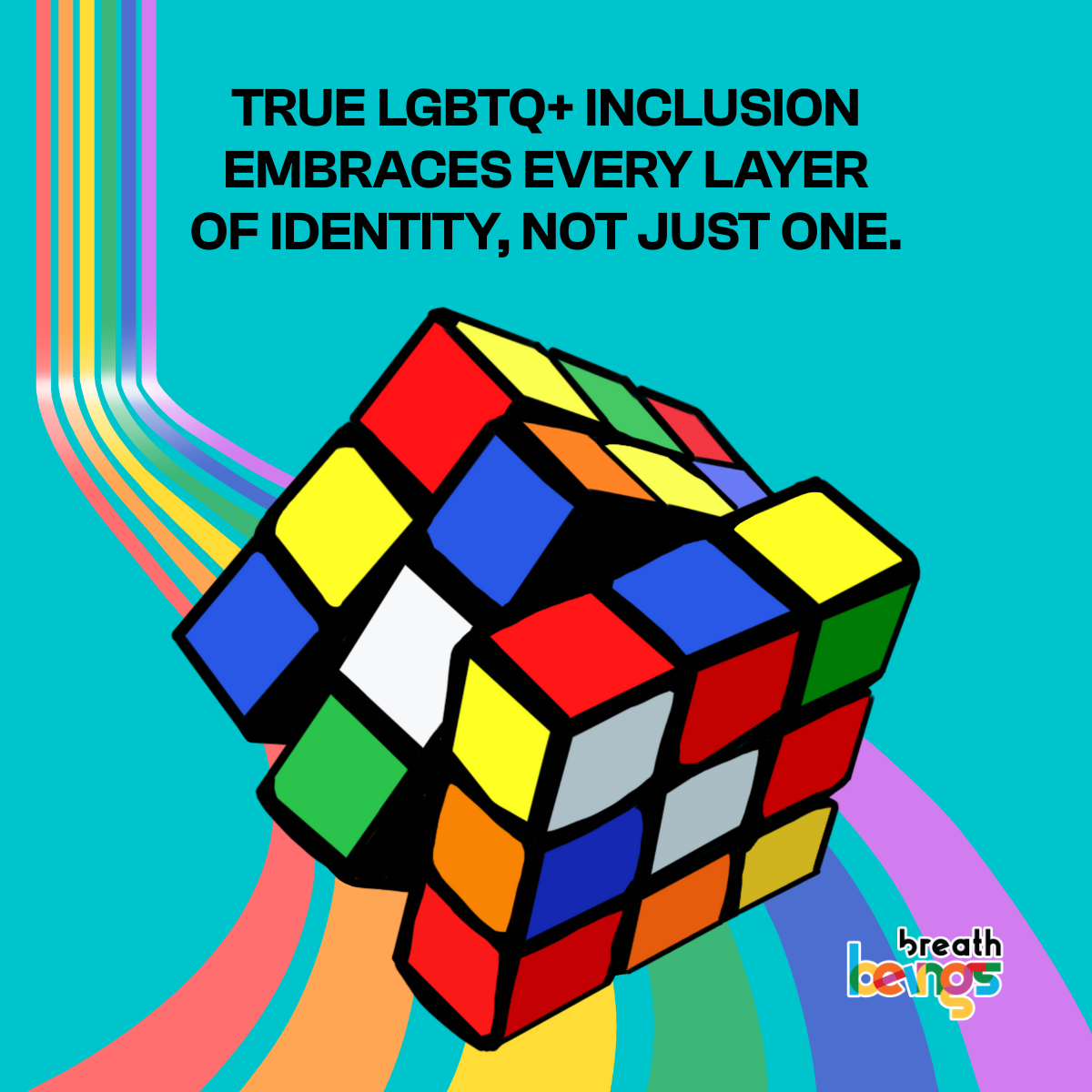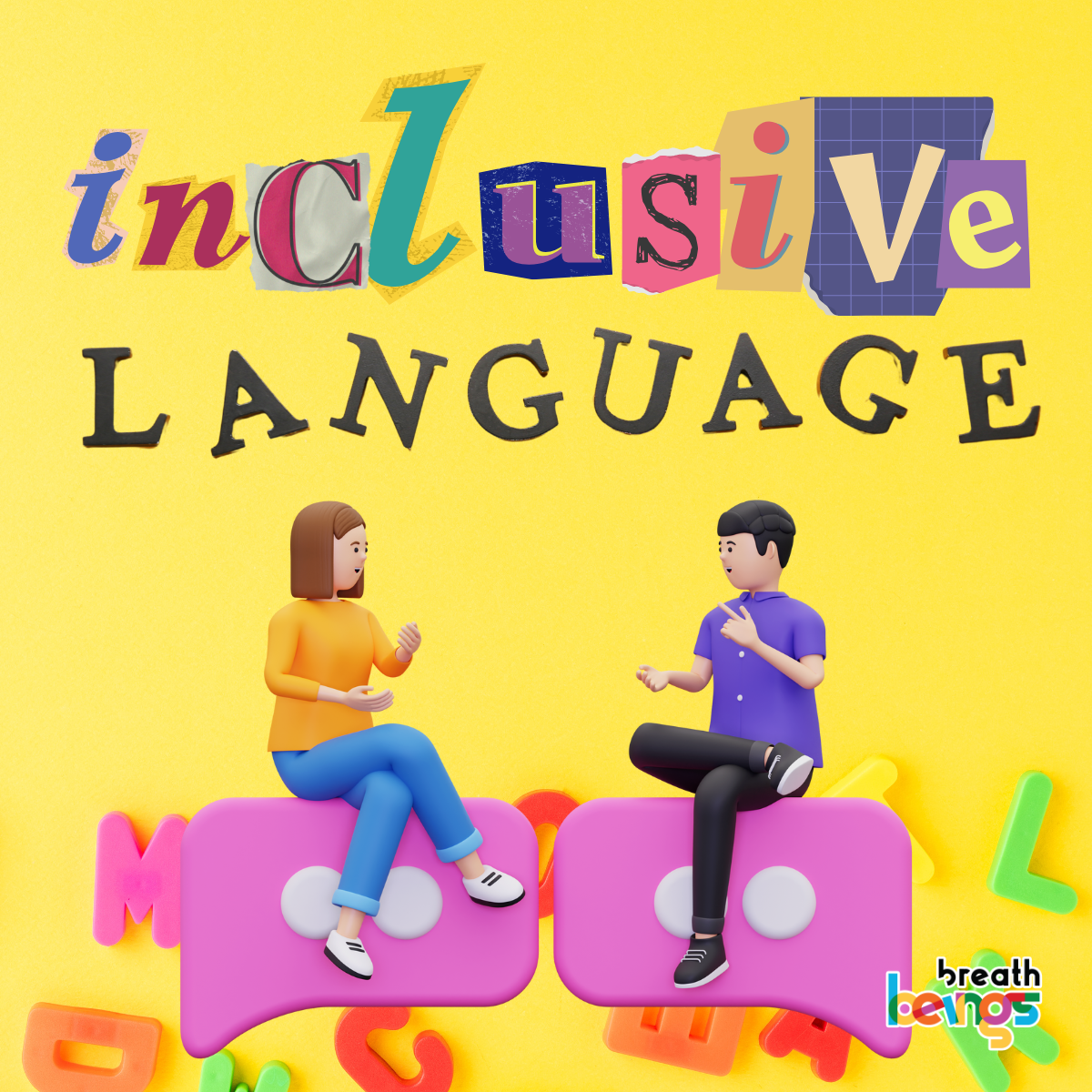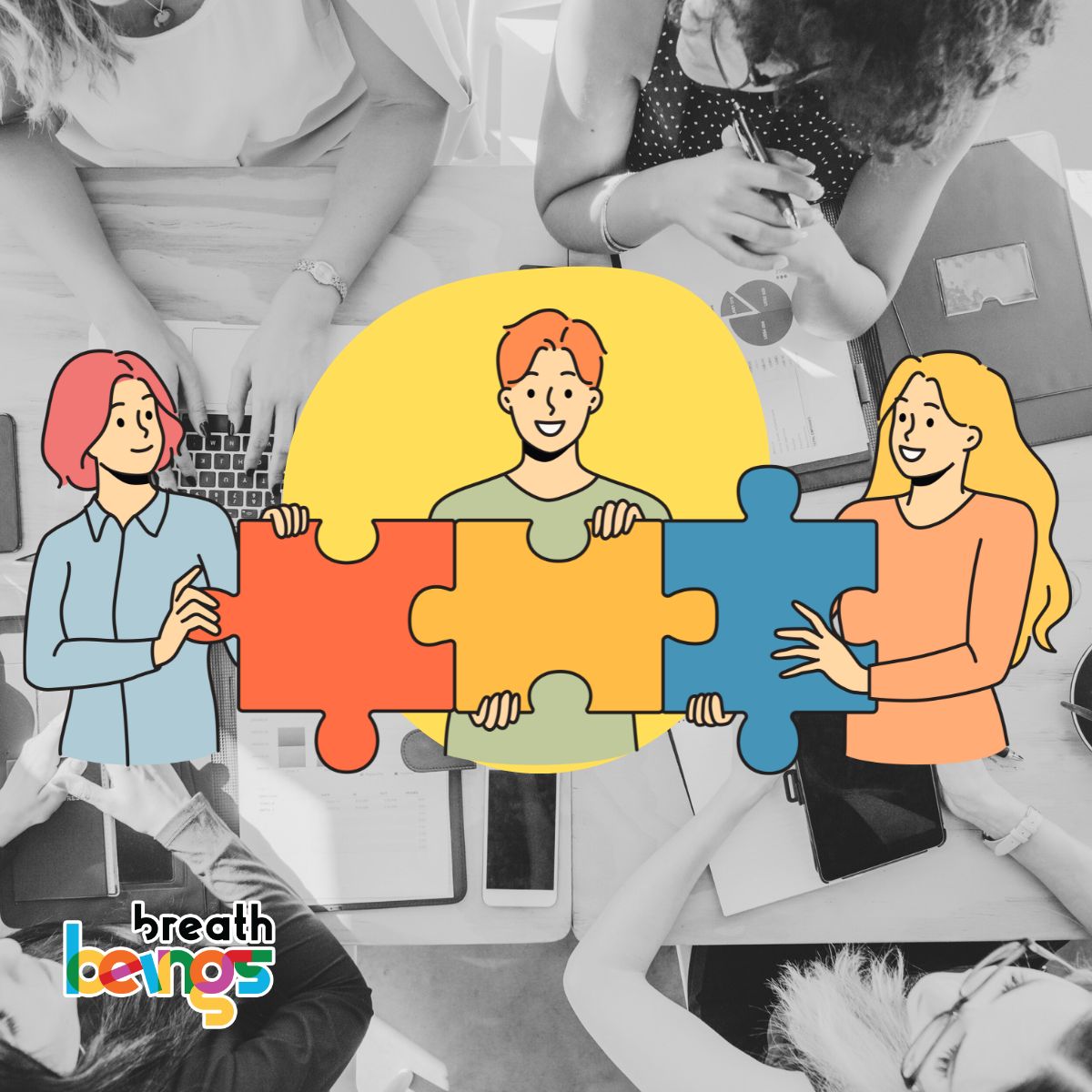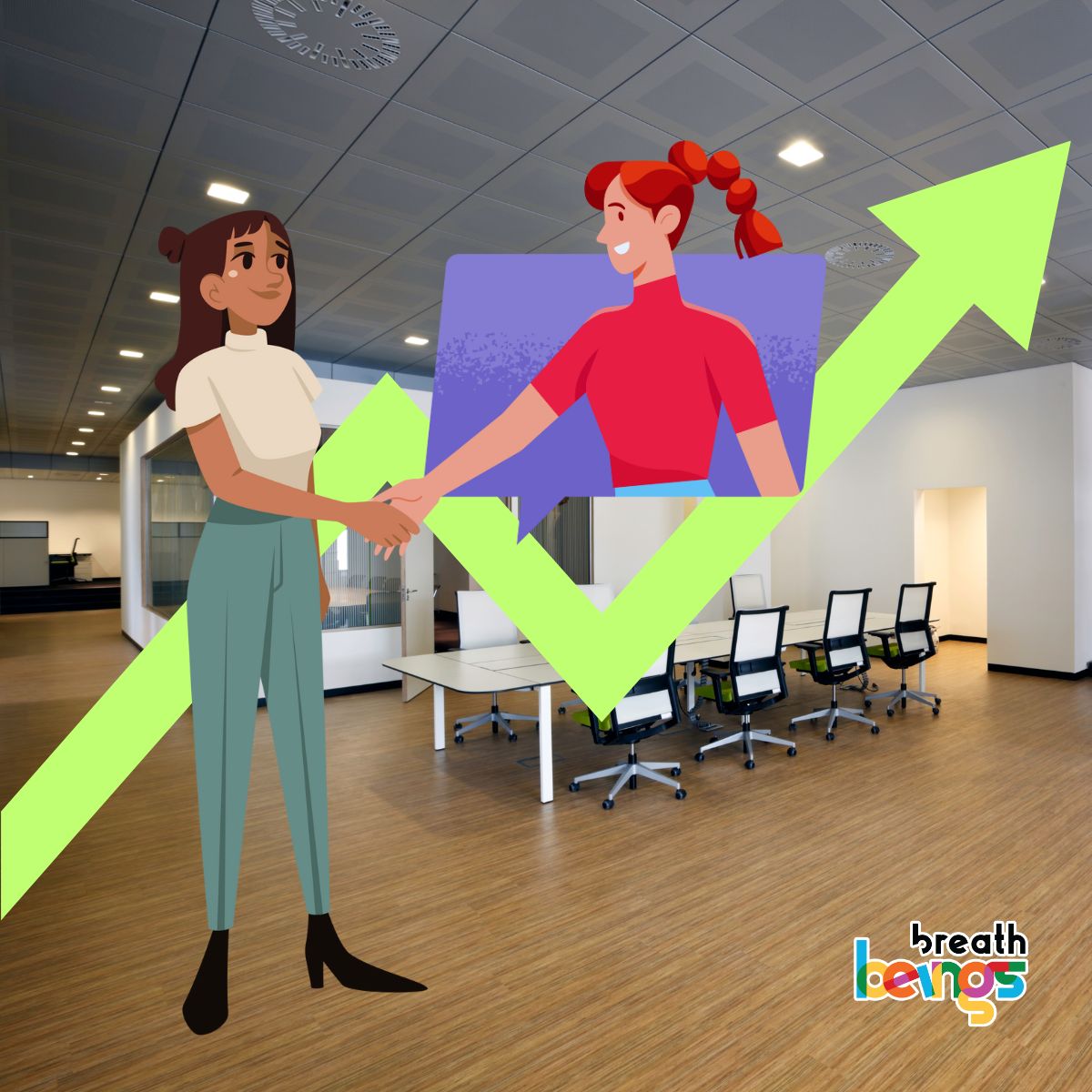The corporate landscape is ever changing and dynamic with diverse minds and experiences coming together. The potential that such a conducive environment holds is imperative for an organisation’s long term growth.
Yet at times, teams struggle to innovate, have low morale and productivity can remain stagnant.
The next question to ponder on remains as to what could be the missing piece?
This is where diversity inclusion training comes into the picture to understand and harness the power of a disparate group into a cohesive and high-performing team.
The Imperative of Diversity and Inclusion
While there have been plenty of studies that prove that diverse teams outperform a homogenous group, according to a GPTW report, with the right diversity and inclusion efforts, an organization can also thrive during a recession. It was found that with the correct DEI interventions, companies can outperform their competitors by almost 400%.
When individuals come from different backgrounds, they bring with them a different range of perspectives, experiences, and ideas to the table. This results in more creative and innovative problem solving skills enabling organisations to stay ahead of the competition. Moreover, diversity and inclusion are essential for attracting and retaining top talent.
In today’s world, for a potential employee it is imperative that the organisation prioritises diversity, equity, and inclusion especially from underrepresented groups. By doing so, organisations also build a strong employer brand and attract a varied pool of candidates. Additionally, employees who feel valued and respected are more likely to be engaged, motivated, and committed to the organization, leading to lower turnover rates and increased productivity.
The Role of Diversity Inclusion Training
The diversity and inclusion training programs play a vital role in not only creating an inclusive workplace culture but an effective training program goes beyond awareness raising and gives employees the right tools to challenge biases, understand different perspectives and collaborate in an inclusive manner. Through interactive workshops and training sessions, participants can develop a deeper understanding of diversity, equity, and inclusion concepts.
These interventions can make the employees aware of various aspects that they might not be aware of on a day to day basis. Some of the components that these trainings can include:
Unconscious bias training
By helping employees understand and recognise their unconscious bias which can impact their interactions with colleagues and decision-making processes.
LGBTQ+ training
By understanding the spectrum of gender, identities and sexualities, employees can be aware of using inclusive language in their workplace. This can also help them break stereotypes about the community to foster an inclusive culture at the workplace.
Inclusive leadership training
By equipping the leaders to champion diversity and inclusion, there is a commitment that can promote a more inclusive environment for employees to work and also increase their brand value.
Bystander intervention training
By providing skills to employees to call out and intervene in situations of bias, harassment, or discrimination can foster a significantly more inclusive workplace culture.
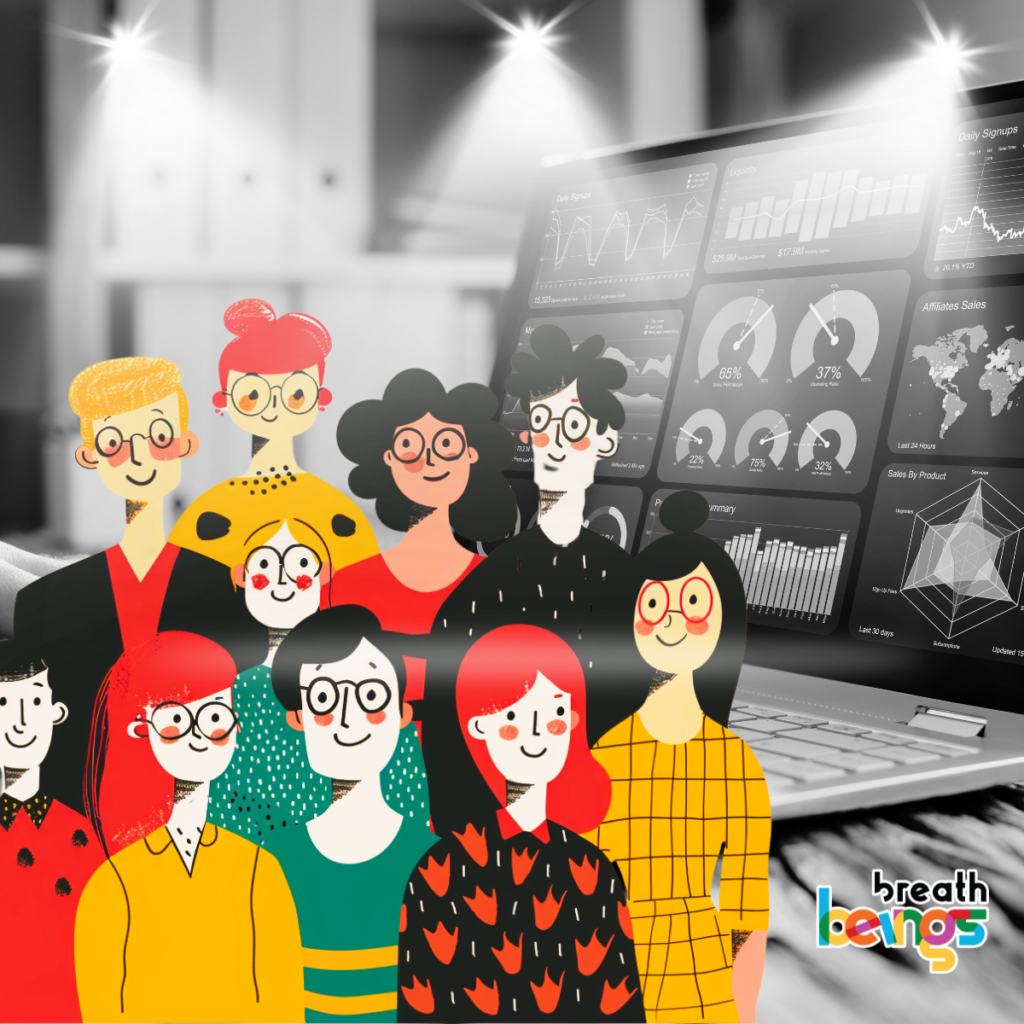
Measuring the Impact of Diversity Inclusion Training
While providing diversity equity and inclusion workshops and trainings are important, it is also essential to understand how to measure the impacts to see what interventions are working and what are the gaps that need to be addressed.
Employee satisfaction and engagement
Measuring the morale, job satisfaction and employee engagement through surveys and feedback mechanisms can be effective to understand the current status of employee engagement.
Diversity representation
Keep track of the diversity that is present in the workforce at all levels. How many people are out at workplace, how many women are present in the leadership, the parameters used to assess a potential candidate can be a few areas to look into.
Inclusion metrics
Understanding the employees’ perspective of inclusion such as belonging, respect, and taking into account psychological safety of the employees can help in creating better policies as a whole.
Business outcomes
Measuring the impact of diversity and inclusion on key performance indicators, such as innovation, customer satisfaction, and financial performance can help in understanding the can quantify the business value of a diverse workforce.
Concluding thoughts
DEI Training is an indispensable investment for organisations seeking to build an inclusive and productive workforce. By fostering a culture of respect, equity, and belonging, companies can unlock the full potential of their employees, drive innovation, and enhance their brand reputation. It is important to recognise the value of diversity and inclusion in the ongoing organisational journey as continuous learning and development are essential for creating a truly inclusive organization.
